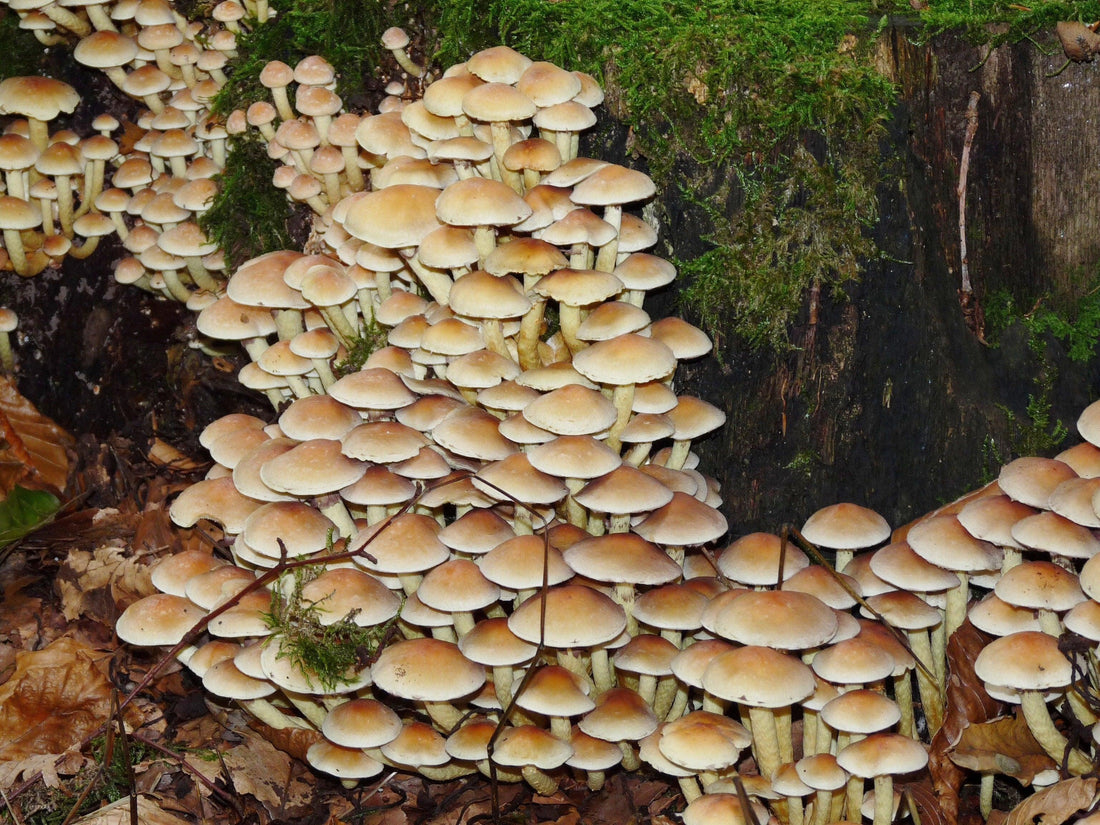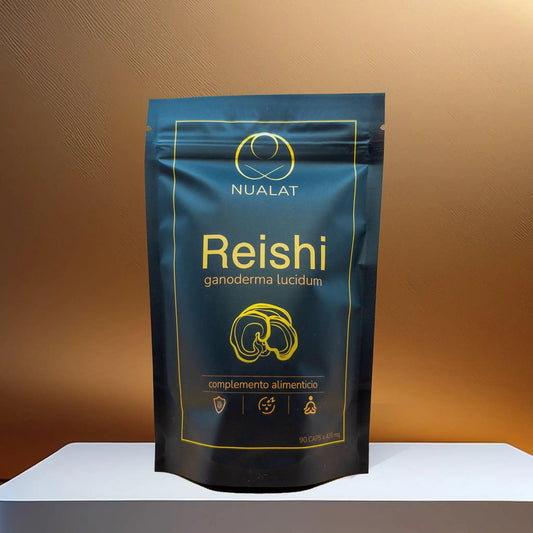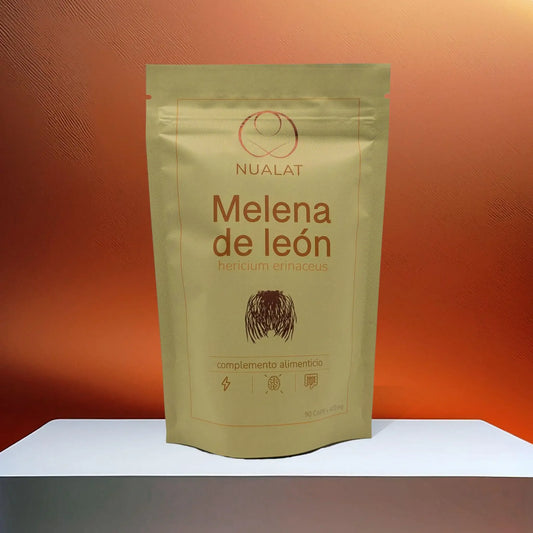
Beta-glucans in the Fungi kingdom
Share
What are Beta-Glucans?
Beta-glucans are a type of polysaccharide, i.e. a chain of sugar molecules, found in the cell walls of bacteria, yeasts, algae and, in high concentration, in fungi, especially in some medicinal mushrooms such as Reishi, Chaga and Lion's Mane. Beta-glucans have a unique chemical structure and are composed primarily of glucose units linked by glycosidic bonds. Their specific structure can vary depending on the source, which influences their biological properties.
Beta-Glucan Concentration in Mushrooms and Fungi:
The concentration of beta-glucans in mushrooms and fungi varies considerably depending on the species and growing conditions. Some mushrooms and fungi, such as Reishi (Ganoderma lucidum), Chaga (Inonotus obliquus), Lion's Mane (Hericium erinaceus) and Turkey Tail (Trametes versicolor), are known to have a particularly high concentration of beta-glucans.
Beta-glucan concentration is typically expressed as a percentage by weight of the mushroom's dry matter. For example, some medicinal mushrooms may have between 20% and 60% of their weight in beta-glucans.
Types of Beta-Glucans:
It is important to note that there are several types of beta-glucans, which are classified according to the structure of their glycosidic bonds. The three main types of beta-glucans are:
- Beta-glucans 1,3/1,6 These are the most common beta-glucans in medicinal mushrooms and fungi. They are known for their ability to stimulate the immune system.
- Beta-glucans 1,4: These beta-glucans are more common in oats and some grains. They have different properties and may be less effective in stimulating immune response than beta-glucans 1,3/1,6.
- Beta-glucans 1,3: These are also common in mushrooms and fungi, and are often found together with beta-glucans 1,6. Together, they can have a synergistic effect in stimulating the immune system.
Benefits of Beta-Glucans:
Beta-glucans, and in particular 1,3/1,6 beta-glucans, have been associated with a number of health benefits, including:
- Stimulation of the immune system.
- Anti-inflammatory properties.
- Antioxidant action.
- Improved resistance to stress.
- Support digestive health.
- Blood sugar regulation.
It is important to note that the concentration and type of beta-glucans can vary between different mushroom and toadstool species, meaning that the choice of mushrooms or fungi and the way they are processed can influence the specific benefits obtained from beta-glucans. Therefore, it is critical to choose high-quality sources of beta-glucans and follow appropriate dosage recommendations to obtain the desired benefits.






